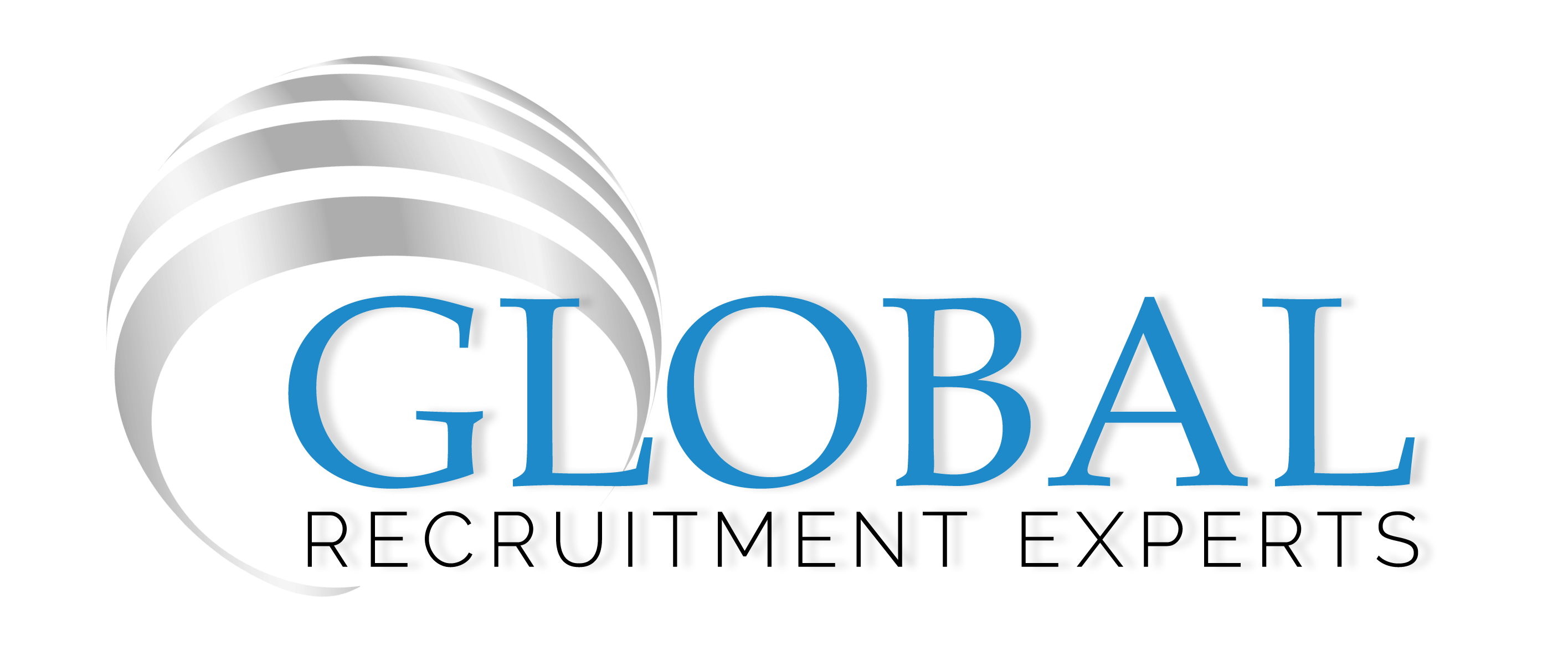How to Handle Interview Nerves
Most people experience a degree of nervousness before and during a job interview. In fact, interview anxiety is so common that recruiters expect candidates to show some signs of nervousness. What matters is how you manage these natural feelings and present yourself professionally despite them. Here’s your comprehensive guide to staying calm and confident during your next interview.
Understanding Interview Anxiety
Interview nervousness isn’t just common – it’s a natural response to an important situation. Your body’s stress response can actually help you perform better by:
- Keeping you alert and focused
- Providing extra energy when needed
- Showing that you care about the opportunity
The key is managing these feelings so they enhance rather than hinder your performance.
Before the Interview
Preparation Is Your Best Defense
- Research the company thoroughly
- Practice common interview questions
- Review your resume and prepare examples
- Plan your route to the interview location
- Choose and prepare your outfit in advance
- Get a good night’s sleep
- Eat a light, nutritious meal
Physical Preparation
- Exercise the day before to reduce stress
- Practice deep breathing exercises
- Arrive early to avoid rushing
- Use the restroom before the interview
- Have water available if needed
During the Interview
Managing Physical Symptoms
If you notice physical signs of nervousness:
- Take slow, deep breaths
- Keep your feet firmly planted on the floor
- Focus on maintaining good posture
- Speak slowly and deliberately
- Take brief pauses when needed
- Keep a tissue handy for sweaty palms
- Sip water if your mouth feels dry
Mental Strategies
Stay focused and present by:
- Listening actively to the interviewer
- Taking a moment to gather thoughts before responding
- Remembering that it’s okay to ask for clarification
- Focusing on the conversation rather than your nervousness
- Viewing the interview as a professional discussion
Professional Tips from Our Recruiters
Our experienced recruiters share their insights on managing interview nerves:
Remember Your Value
- You were selected for an interview because of your qualifications
- The company is interested in what you have to offer
- The interviewer wants you to succeed
- You have valuable experience and skills to share
Reframe Your Perspective
- Think of it as a conversation, not an interrogation
- View it as an opportunity to learn about the company
- Remember that you’re also evaluating them
- Consider it practice for future interviews
Use Nervous Energy Productively
- Channel it into enthusiasm for the role
- Let it fuel your attention to detail
- Use it to stay alert and engaged
- Transform it into positive body language
Common Anxiety Triggers and Solutions
Meeting New People
Solution: Remind yourself that interviewers are just people doing their jobs. Practice small talk with friends or family.
Being Evaluated
Solution: Focus on sharing your experiences rather than being judged. Prepare specific examples of your achievements.
Fear of Blanking Out
Solution: Bring notes for reference. It’s acceptable to briefly consult them during the interview.
Technical Questions
Solution: Practice explaining complex topics simply. It’s okay to take time to think before answering.
Recovery Strategies
If you feel overwhelmed during the interview:
Immediate Actions
- Take a deep breath
- Pause briefly to collect your thoughts
- Have a sip of water
- Ask for clarification if needed
- Maintain good posture
Getting Back on Track
- Return to your prepared examples
- Focus on the current question
- Remember your qualifications
- Stay positive and professional
After the Interview
Reflection and Growth
- Note what went well
- Identify areas for improvement
- Consider what you learned
- Use the experience to prepare for future interviews
Follow-up Actions
- Send a thank-you note
- Document your experiences
- Maintain professional contact
- Keep your job search active
Final Thoughts
Remember that showing some nervousness can actually be positive – it demonstrates that you care about the opportunity and take it seriously. The key is managing these feelings so they don’t overwhelm you or impact your ability to communicate effectively.
Most importantly, be kind to yourself. Every interview, regardless of the outcome, is an opportunity to learn and improve your interview skills for the future.

